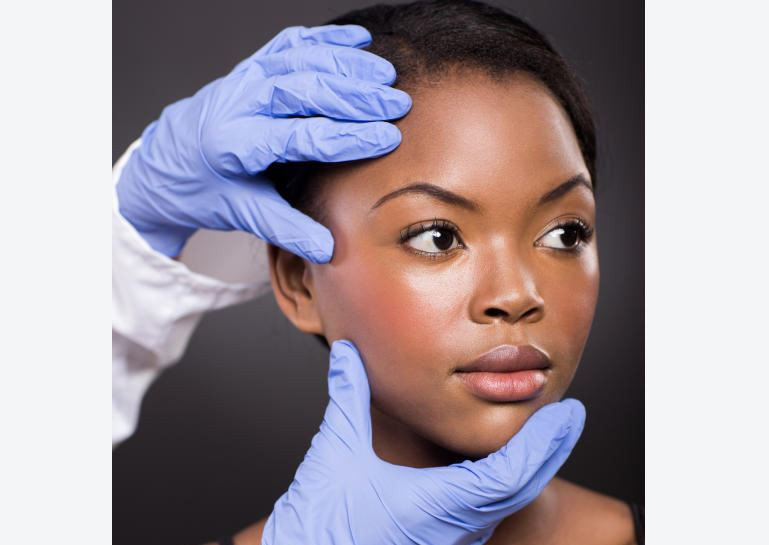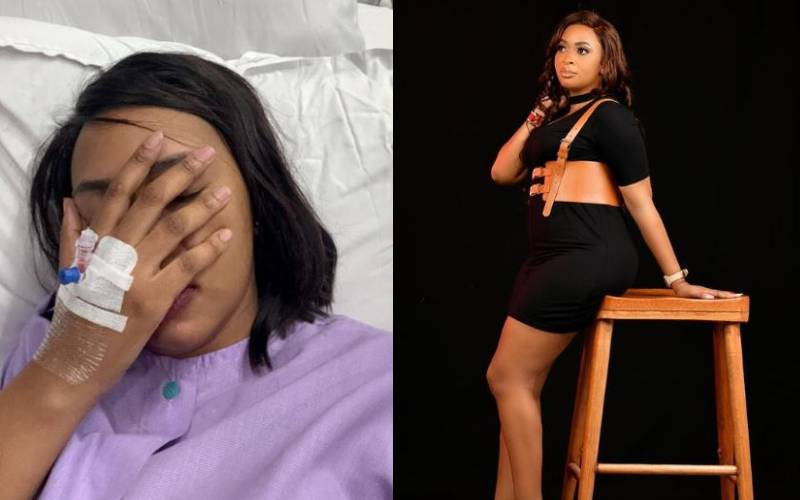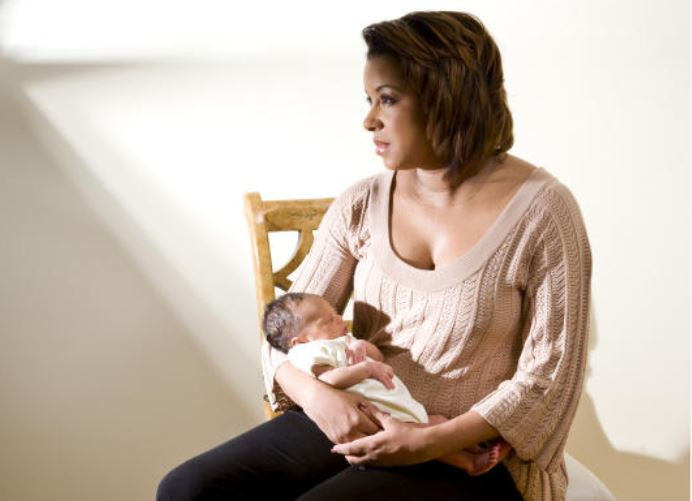
When should I start brushing my child's teeth?
As long as there are teeth in the mouth, they should be cleaned.
We advise parents to wipe with clean cotton wool soaked in clean water. Also at that age, we do not encourage usage of toothpaste, because the child might swallow it.
You can introduce toothpaste and toothbrush when they are older, around two years though we recommend toothpaste with very low fluoride concentration and a pea-sized amount of toothpaste.
Your child will also need help brushing until they are around seven years old because they do not have enough dexterity.
A good example is until they can cut meat using a fork and a knife or tie their shoelaces then they are able to brush their teeth.
At what age should we start coming for dental consultations?
A baby should visit a dentist as soon as the first tooth erupts. So basically on average around five-six months or earlier for girls, girls usually develop earlier.
We also recommend that at least twice a year everyone should visit a dentist. Prevention is cheaper.
Regular checkups are important and I advise my patients to pass by the clinic every school holiday.
I worry that my daughter lost her teeth too early…
Baby teeth are very important and we do not want to lose baby teeth until it's the right time for them to shed.
A child needs teeth to chew their food for nutrition and growth. Baby teeth also maintain the space for the permanent teeth.
If a baby tooth is lost too early the back teeth drift forward, and the new tooth that was supposed to grow will lack space, then it will grow on top of the others out of line.
Teeth are also important for the babies’ self-esteem; they will be able to smile and not be teased by their peers.
Teeth also help in speech development. You need your teeth to speak nicely and pronounce certain words. They are important for the child's medical, dental, and psychological health.
So parents should bring their children to pediatric dentists, especially parents with children with special needs.
What do I do now that my son has fluorosis
Dental fluorosis is a big problem right now, and this comes from consuming water with too much fluoride.
Before, it used to affect people from specific areas around Nakuru, Murang’a, Ongata Rongai, but now it’s almost everywhere because people are building blocks of apartments all over, using boreholes as the main source of water.
If a child consumes water with too much fluoride they can develop dental fluorosis.
The best solution is to breastfeed for as long as possible, for those using formula, you must be very cautious about the water you use to mix the formula with.
Drinking and cooking water needs to be monitored to ensure that it has either been defluoridated or is not bore-hole water.
Dental fluorosis can be fixed by various procedures depending on the severity e.g. cleaning, bleaching, shaving off a little top layer and covering it with a white filling or capping the tooth. The earlier you bring the child to us the earlier we are able to detect the changes and fix them.

How do I take care of my baby’s sprouting teeth?
We advise mothers to avoid leaving the baby on the breast overnight, or leaving the baby with a bottle of milk or any sugary liquid overnight, because that’s how cavities develop. We emphasise on prevention.
During a procedure will my baby be sedated? Is there baby-friendly sedation?
Yes and no. Not all procedures need sedation; there are different indications whether a patient needs sedation.
Most invasive procedures are done under local anesthesia. It all depends on the age and the number of teeth involved because if a child has one tooth with a cavity the procedure will be different compared to the one with 20 teeth that have cavities.
Another major factor is if the child has special needs for example Cerebral Palsy, Down’s syndrome and autism.
There are different levels of sedation. There is conscious sedation and general sedation where the baby is totally asleep, but this is done in a hospital setting. There’s no baby-friendly sedation because all sedation when used correctly is safe.
They said that my child needs a dental X-ray. Is that safe?
Dental X-rays also known as radiographs are very safe. In fact, the radiation is less than that of a chest X-ray.
Sometimes we try intraoral X-rays because there are instances when the young child cannot sit still while doing certain X-rays.
When do I have to take my son to the dentist to get teeth properly?
If the teeth grow correctly you don’t need to; the teeth will shed by themselves, it’s a natural process.
However, when teeth are in the wrong position they might grow above the other or behind needing the dentist to pull out the milk tooth.
What are braces, and when should they be used?
Braces are appliances that straighten the teeth if you have maligned teeth or a poor relationship between the jaws and/or the teeth.
Braces will sometimes fix the jaw relationships and alignment of the teeth. That's a treatment that can be done, even in adulthood.
Why does teething give children fever, diarrhea, and such discomforts?
Teething does not give fever. Erupting teeth are present from age five up to 11 and even wisdom teeth erupt from 17 years and all these do not present with fever.
But what happens is that at six months of age a lot of things are happening like complementary feeding being introduced, the child is crawling and starts putting things in the mouth and there’s a transition of immunity from mother's milk to the baby developing their own immunity.
A mild painkiller can be given to help with pain and irritable gum. There are some teething gels available as well or teething rings.
Is there anything to ‘plastic’ teeth?
It is unfortunate that in some communities as teeth start emerging from the gum, they are removed using unsterile instruments to control this “fever”.
This is infant oral mutilation, which ends up damaging the alignment of the child’s teeth, and puts the child at risk of infection during the procedure.
Are teeth gaps (diastema) genetic and can they be fixed?
Some spaces a child is born with, sometimes it's a jaw-size tooth-size discrepancy when you have a slightly bigger jaw or slightly smaller teeth that cause the spaces, you may have had an accident and lost your teeth. It all depends on the cause but they are possible to correct.
What causes tooth decay in children?
Dental caries is the scientific term for tooth decay, which presents with multiple cavities. Usually there is pain while chewing or pain on its own.
They can occur when a child is as young as one-year-old, when they are also known as early childhood caries or rampant caries.
They are caused by multiple factors: breastfeeding overnight and leaving the baby on the breast, or letting the baby sleep with the bottle in the mouth, and eating and drinking sweet substances and poor oral hygiene because some parents do not know they should brush/clean the teeth of their children.
We discourage the use of bottles and advice parents to use cups and spoons.
Dr Nicholas Gichu is a paediatric dentist. The Standard Group Plc is a multi-media organization with investments in media platforms spanning newspaper print
operations, television, radio broadcasting, digital and online services. The Standard Group is recognized as a
leading multi-media house in Kenya with a key influence in matters of national and international interest.
The Standard Group Plc is a multi-media organization with investments in media platforms spanning newspaper print
operations, television, radio broadcasting, digital and online services. The Standard Group is recognized as a
leading multi-media house in Kenya with a key influence in matters of national and international interest.










